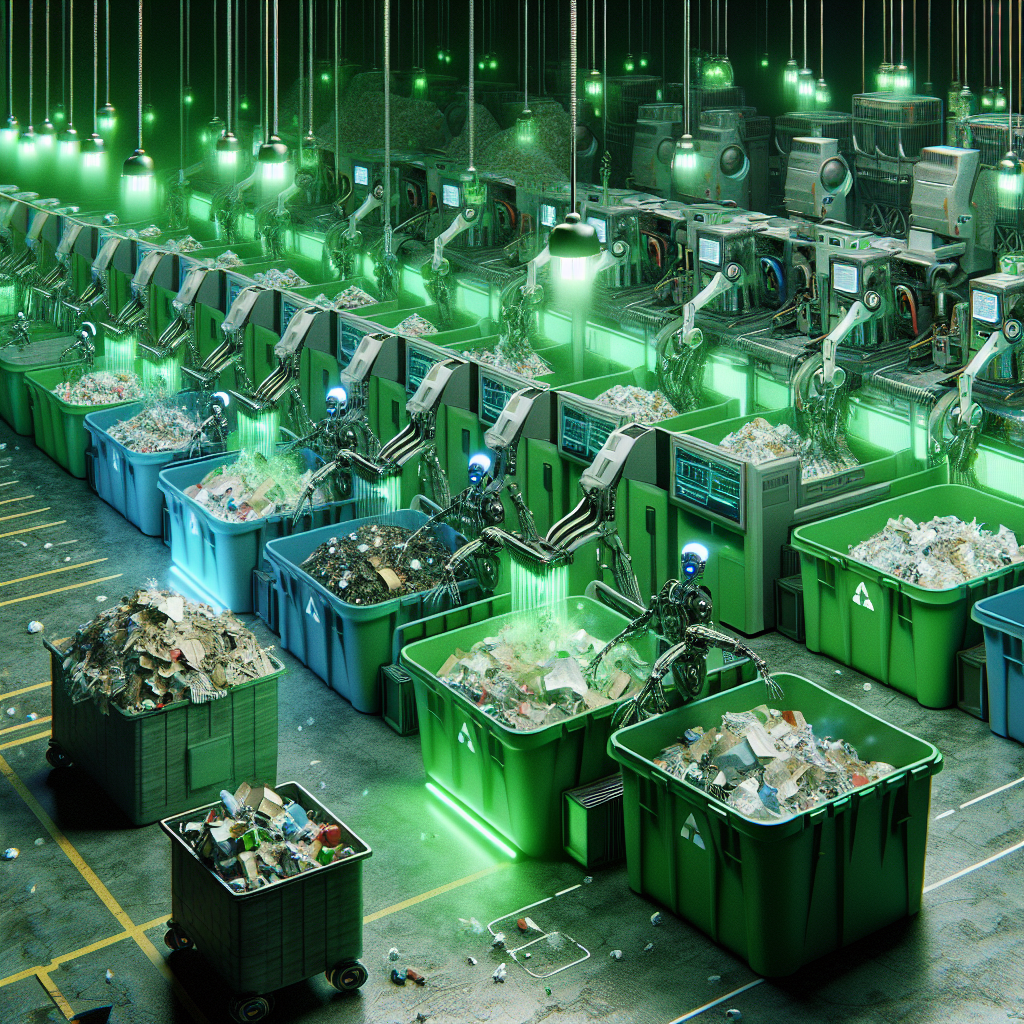Blog Ecobraz Eigre

"How artificial intelligence is transforming waste sorting in 2025"
The adoption of artificial intelligence (AI) in waste sorting has led to significant advances in 2025, increasing the efficiency, accuracy and sustainability of sorting processes. Computer vision, machine learning and automation technologies make it possible to identify, classify and direct waste correctly, in line with current legislation, such as the National Solid Waste Policy (Law No. 12.305/2010).
Technological advances in waste sorting with AI
The use of intelligent systems equipped with sensors and image processing algorithms makes it possible to automatically identify recyclable materials and waste. The use of computer vision assists in the accurate identification of waste, including electronic waste that requires proper disposal and the related processes, such as for electronic waste collection.
In addition, machine learning techniques continuously improve classification through pattern recognition, increasing the accuracy of separations and reducing the need for human intervention.
Benefits of artificial intelligence for sustainability and legal compliance
AI-based processes contribute to reducing errors and contamination in sorting, a critical element in complying with the National Solid Waste Policy (Law no. 12.305/2010) and other related regulations, such as the National Solid Waste Management Information System (SINIR - sinir.gov.br).
The use of AI also optimizes the routing of waste for recycling or environmentally appropriate final disposal, as required by law. Also noteworthy are specific applications for the safe disposal and sanitization of sensitive components, such as for the safe disposal of hard drives and media.
Challenges and prospects for the implementation of artificial intelligence in sorting
Despite progress, the full implementation of AI in waste sorting still faces challenges, such as high initial investments, integration with existing systems and the technical qualifications of the professionals involved. However, governance and public policies aimed at technological innovation in waste management are facilitating this transition, in line with public actions promoted by regulatory bodies such as CETESB (cetesb.sp.gov.br) and growing environmental demands.
Conclusion
Artificial intelligence is redefining waste sorting in 2025, adding agility, precision and sustainability to the process. Alignment with Brazilian legislation and the continuous development of smart technologies guarantee significant advances in the responsible management of materials and waste, making the sector more efficient and environmentally conscious.

Deixe um comentário
O seu endereço de e-mail não será publicado. Campos obrigatórios são marcados com *